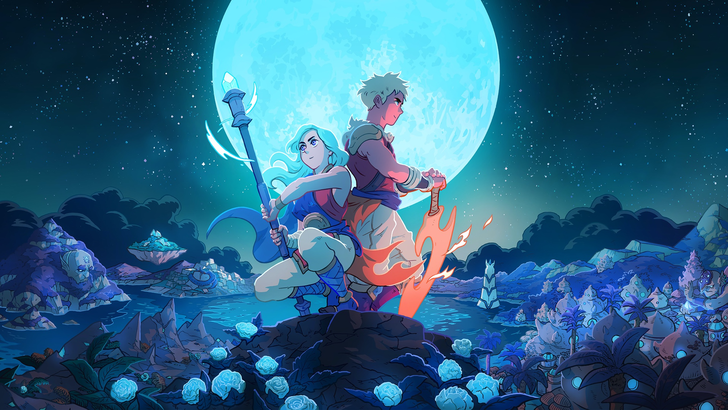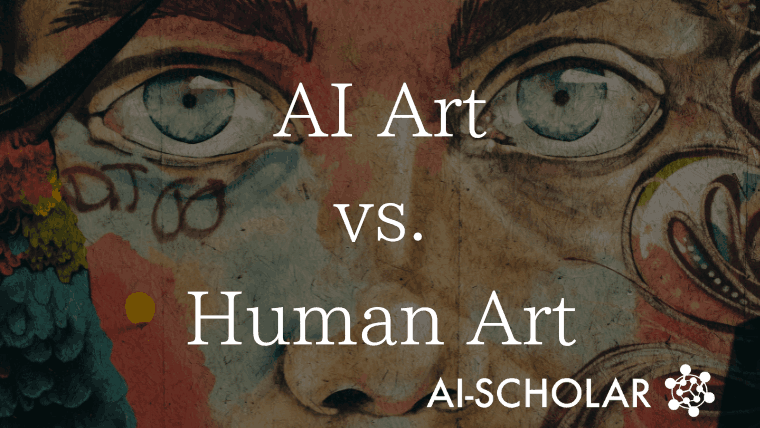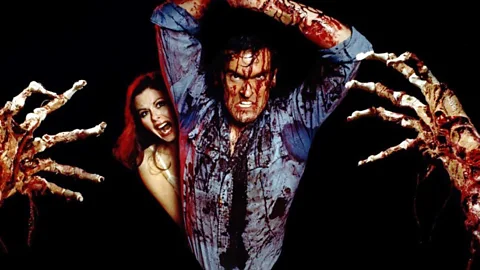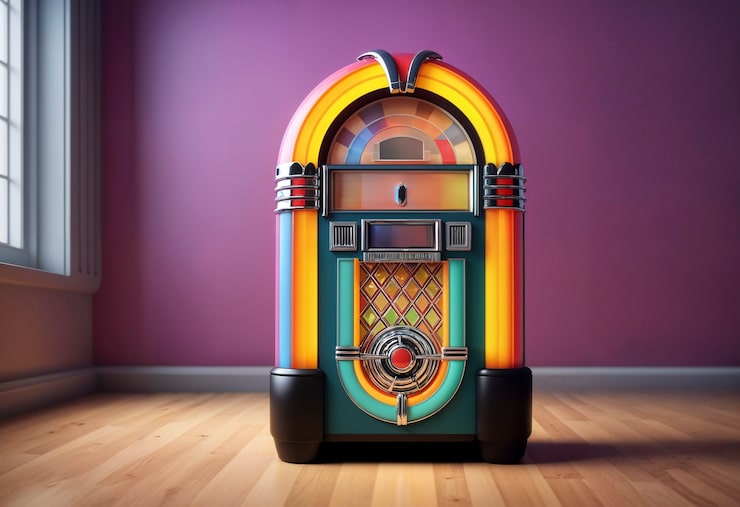The AI Art Uprising: Why Indie Games Need Human Hands, Not Algorithms Hey XenGamer crew, Emily Carter here.
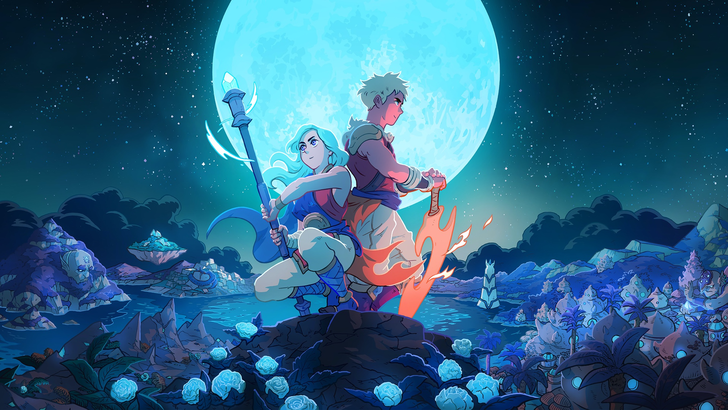
Hey XenGamer crew, Emily Carter here. You probably know me from my concept work on titles like Echo Bloom and Starfall Tactics, and maybe you even remember the early buzz around Project Chimera – a game I was attached to that almost went down a very different path. I'm talking, of course, about the AI art debate that's been raging in our corner of the gaming world.
For those not in the know, there's been a growing trend – and a lot of controversy – surrounding the use of AI-generated assets, specifically art and music, in indie PC game development. It’s a topic close to my heart, because, well, it directly impacts my livelihood and the creative soul of the industry we all love. Let's dive into why this is more than just a tech trend – it's a potential game-changer (pun intended) that we need to address head-on. We need to examine the AI in PC game art and the ethical concerns AI game art.
The Siren Song of Efficiency: AI's Allure and the Risks
Initially, the promise of AI was tempting. Imagine cutting down on development time and costs by using tools like DALL-E 2, Midjourney, and Stability AI for art, or Amper Music, Jukebox, and Ecrett Music for soundtracks. Concept art, textures, even entire environments could theoretically be whipped up in a fraction of the time. For indie devs strapped for cash and time, it sounded like a godsend.
But the reality is far more complex. The core issue is artistic integrity. Can an algorithm truly create art? Or is it just remixing existing data in a way that lacks genuine emotional depth and originality? This is where the question of indie game artist vs AI comes into play.
Learning From Others' Mistakes: In Sound Mind and This Bed We Made
We’ve seen the consequences of embracing AI too readily. Remember In Sound Mind by We Create Stuff? Back in 2023, the game faced significant community backlash when players discovered that some of the art assets were AI-generated. While the developers later walked back on their initial reliance on AI, the damage was done. The game’s reputation was tarnished, and the developers had to expend valuable time and resources addressing the controversy.
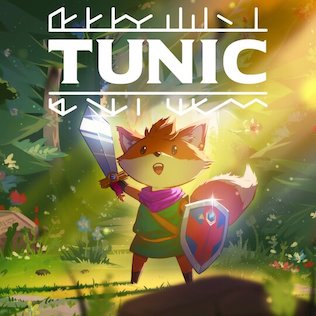
Similarly, This Bed We Made from Lowbirth Games also faced scrutiny regarding its use of AI-generated art, though this focused more on the promotional materials than the game itself. These examples highlight a crucial lesson: gamers care about the human element in their games. The PC Game AI Backlash is real, and it can have a serious impact on an indie game's success.
The Devil in the Details: Hypothetical (and Real) AI Art Scenarios
Let's get specific. Imagine a lush forest environment in an RPG. A human artist would painstakingly craft each tree, each rock, each leaf, imbuing the scene with their unique style and vision. You get something that feels real, lived-in. Something akin to the hand-painted backgrounds from games like Hollow Knight.
Now, picture that same forest generated by DALL-E 2. It might look good at first glance – trees, rocks, leaves, all present and accounted for. But it would lack the subtle nuances, the imperfections, the soul that only a human artist can provide. The brushstrokes would be gone, replaced by a sterile, almost uncanny realism.
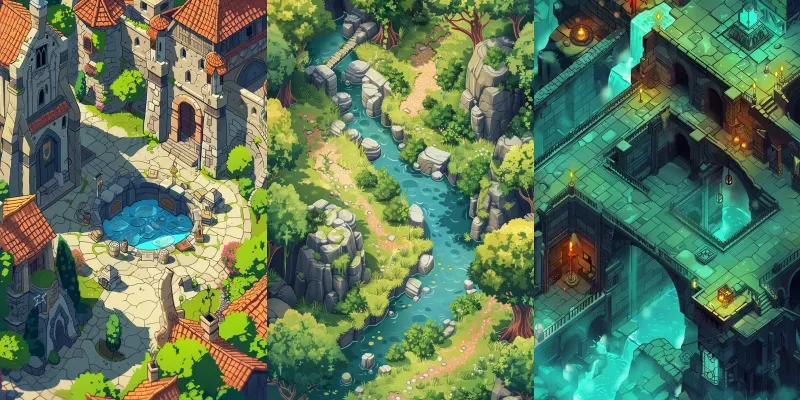
On the music front, consider a synthwave track for a cyberpunk game. A composer might draw inspiration from Carpenter Brut, but they'd put their own spin on it, crafting a unique melody, experimenting with sound design, and adding layers of emotional complexity.
An AI like Jukebox could spit out something that sounds like Carpenter Brut, but it would be a pale imitation. It might capture the surface-level aesthetics, but it would lack the human touch in arrangement, mixing, and mastering. The impact of AI on indie game art style could be a shift toward homogenization and a loss of distinct visual signatures. The ethical concerns AI game art are abundant.
The Ethical Minefield: Copyright, Displacement, and Derivative Works
Beyond the artistic considerations, there are serious ethical concerns surrounding the use of AI-generated assets. One of the biggest is copyright. These AI models are trained on vast datasets of existing art and music. Who owns the rights to the output? Is it the AI developer? The user who generated the asset? The original artists whose work was used to train the model?
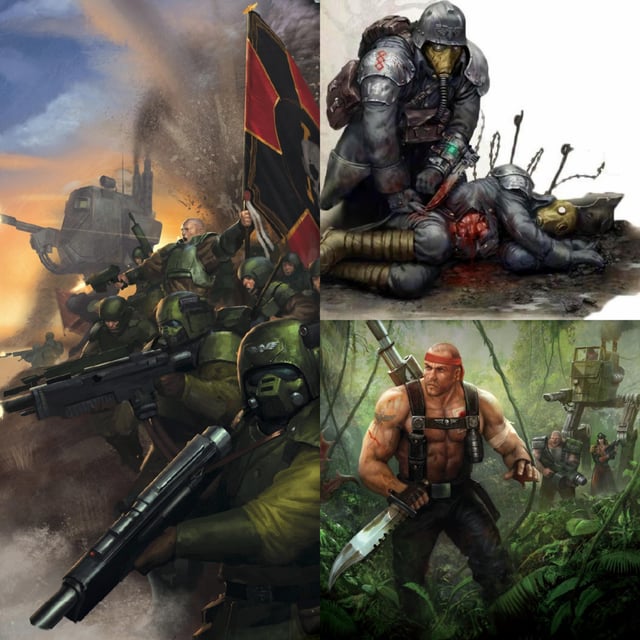
Then there's the issue of artist displacement. If developers can use AI to generate art and music for cheap, what happens to human artists and composers? Are we condemning ourselves to a future where creative jobs are replaced by algorithms? This directly relates to indie game artist displacement AI tools.
And let's not forget the potential for generating derivative works without proper attribution. An AI might inadvertently create something that closely resembles an existing piece of art or music, leading to legal battles and ethical quagmires. We have to consider ethical concerns AI game development indie.
The Homogenization of Art: A Sterile Future?
What happens to the visual identity of indie PC games if AI-generated art becomes the norm? I fear we'll see a move towards more homogenous and less unique designs. The distinct visual signatures and emotional resonance that human artists bring to the table will be lost, replaced by a sterile and generic aesthetic.
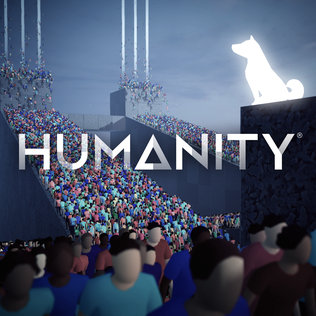
Think about it: indie games thrive on their individuality. They're often created by small teams with a clear artistic vision. That vision is translated into the game's art style, its music, its overall aesthetic. If that's replaced by AI-generated content, we risk losing what makes indie games so special. We're talking about the soul of the games.
A Call to Action: Support Human Artists
So, what can we do? As gamers, developers, and industry professionals, we need to champion human artists and composers. We need to support indie games that prioritize original, handcrafted art and music. We need to speak out against the unethical use of AI-generated assets. I urge us to look for alternatives to AI game music indie PC.
Here are a few actionable steps:
- As gamers: Be vocal about your preferences. Let developers know that you value human-created art and music. Support games that prioritize these elements.
- As developers: Consider the ethical implications of using AI-generated assets. Explore alternatives, such as hiring freelance artists or collaborating with smaller studios. Invest in talent!
- As artists and composers: Continue to hone your craft and showcase your unique skills. Network with other creatives and build a strong portfolio.
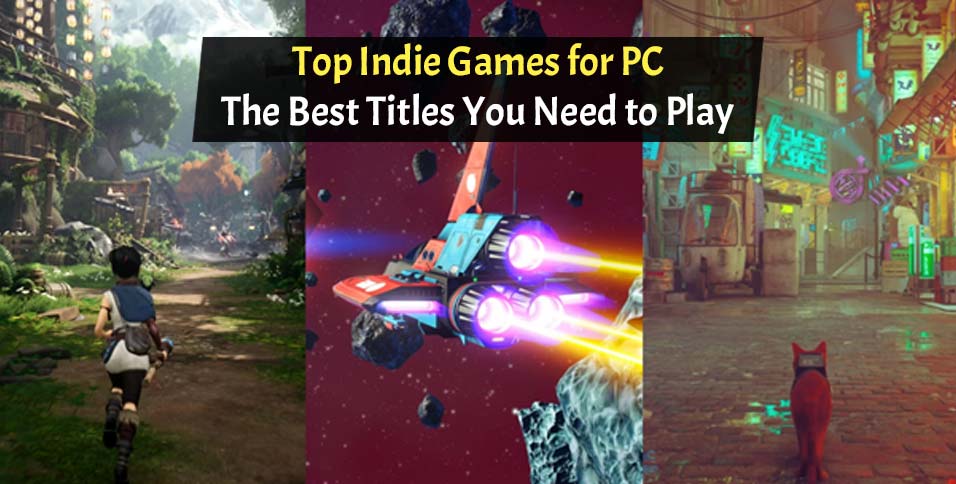
The Human Touch Matters
Ultimately, the magic of PC gaming lies in the passion, creativity, and dedication of the people who make these games. AI might have its place in streamlining certain processes, but it should never replace the human element that makes our industry so vibrant and unique. Replacing artists with AI in games wrong. Let’s work together to ensure that the future of indie PC gaming is one where human artists and composers are valued, supported, and celebrated. Because at the end of the day, it's the human touch that truly makes a game unforgettable. And that's something an algorithm can never replicate.
